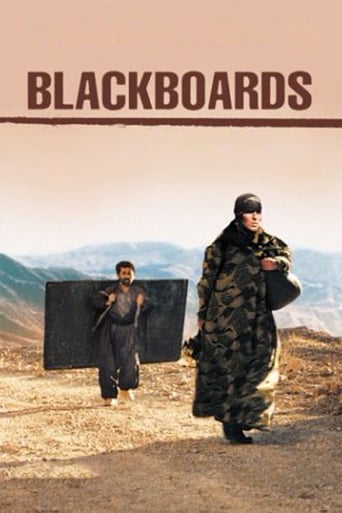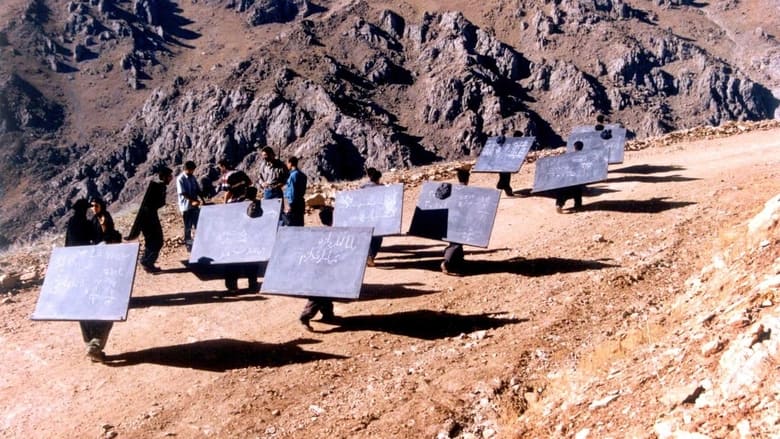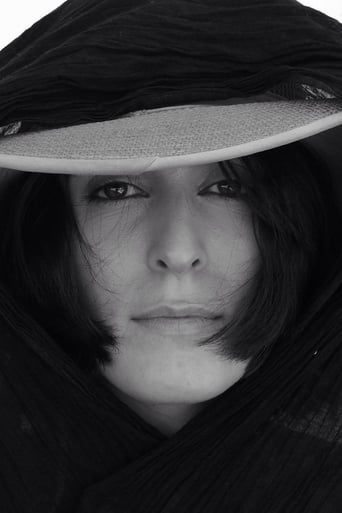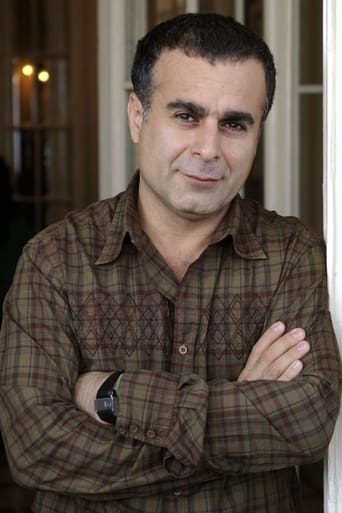Itinerant Kurdish teachers, carrying blackboards on their backs, look for students in the hills and villages of Iran, near the Iraqi border during the Iran-Iraq war. Said falls in with a group of old men looking for their bombed-out village; he offers to guide them, and takes as his wife Halaleh, the clan's lone woman, a widow with a young son. Reeboir attaches himself to a dozen pre-teen boys weighed down by contraband they carry across the border; they're mules, always on the move. Said and Reeboir try to teach as their potential students keep walking. Danger is close; armed soldiers patrol the skies, the roads, and the border. Is there a role for a teacher? Is there hope?


Similar titles
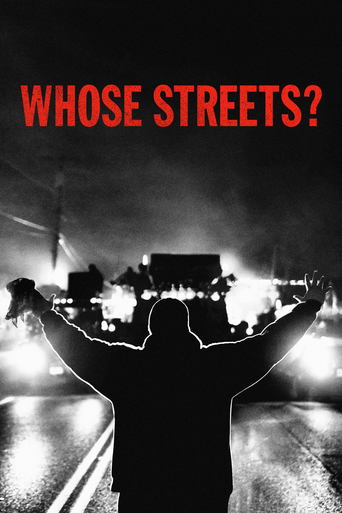

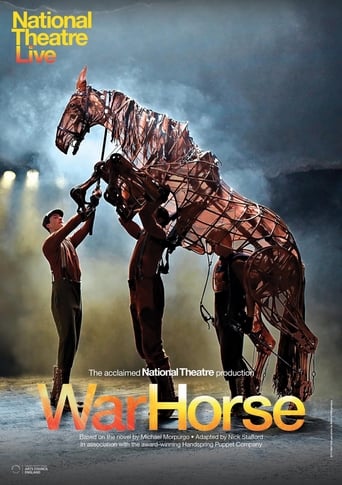
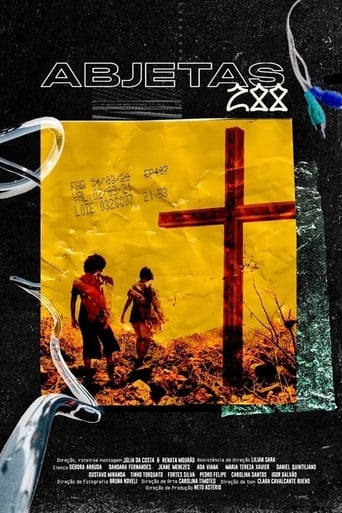
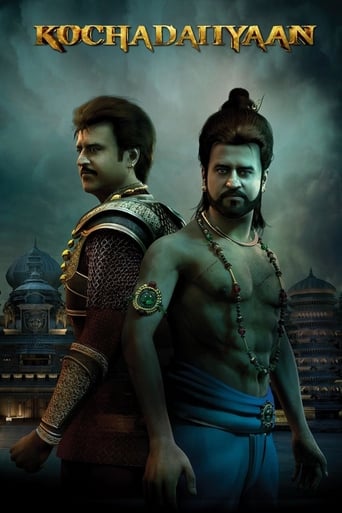
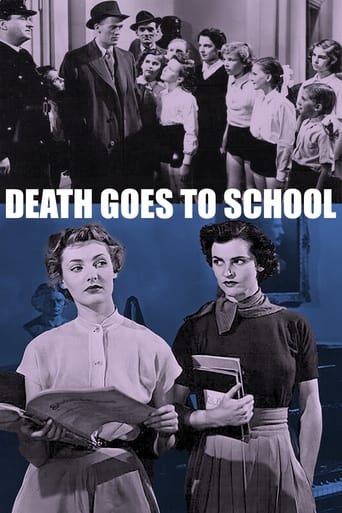
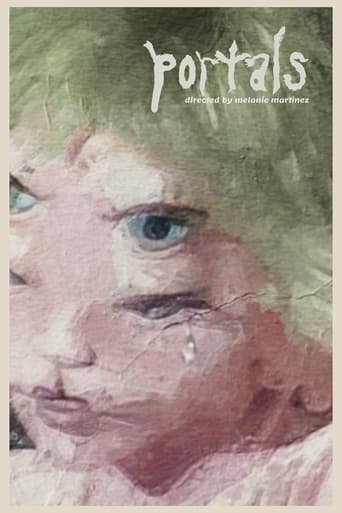
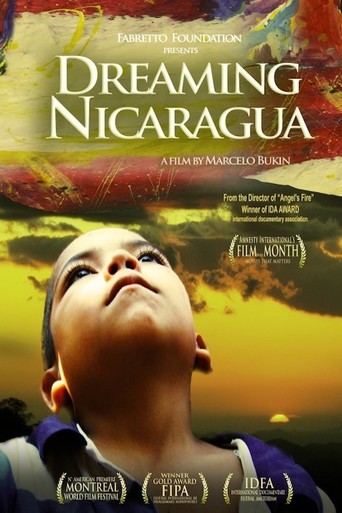
Reviews
Blackboards -- Persian/Kurdish name تخته سیه -- takhte siyah, where تخته (takht) means board and سیه (siyah) is dark. I don't know anything about Persian but with my limited knowledge of Arabic I could make it out.If you are looking for a charismatic film, with a flamboyant young hero, great action, sensuous, colorful heroine or for a great fighting sequence and men jumping out of a flight and your adrenaline pumping till the end of the movie -- you should NOT be watching this. This is my 2nd.film of Samira Makhmalbaf that I am watching after ' At 5 in the afternoon.' There is no point in comparing the 2 work of art but I would consider this film, as a real stroke of the genius.If you are looking for a story line -- it has NOTHING, primarily Samira's and her father Mohsen Makhmalbaf does not have a specific story line. It is a journey - a journey of a Kurdish teacher during the 8 years long Iran- Iraq war which commenced in 1980.Said Mohamadi or Said is a Kurdish teacher, who carries at his back a blackboard - which in many ways become a symbol of love, war, marriage and separation. He carries the multiplication table of 2 and 3 and yearns to teach the young people. The film starts with a lot of teachers معلمان -- or 'mualamin' -- as you will hear the word quiet often in the film, walking on a rugged terrain of Iran, searching for students. They talk of desperation and frustration about the dearth of students. Is the director, Samira/Mohsen trying to put up an irony ? Who is willing to learn? Are we, the civilized people, living under favorable condition willing to learn? Then, why to blame the Kurds who struggle every moment for food and water willing to learn?Then suddenly they hear the gun fire from the helicopters and the group disperses, each moving in their own direction. Said, then joins a group of people who are walking and Said promises to take them to the border. The deal got finalized over 45 walnuts !! The person in the group agrees to give it to Said once they reach the group. Samira Makhmalbaf, shows her ingenuity in selecting different characters in the group. An old man, suffering from urinary problem, a woman carrying her child and few other people who are struggling for food, water, maladies of varied degrees. All those characters, are submerged into an unison -- fight for existence. Said is unable to find a single person who is willing to learn and faces the denial on a repetitive manner. Finally a young boy Reeboir agrees to learn. The film portrays Said as a altruist, who endangers his life to teach his students. When chased by the rebels, the film shows Said constantly uttering the multiplication table and the correct pronunciation of Reeboir, when clambering down the hills Said is rising and so his only student Reeboir.The young boys, they call themselves mules are clueless about where they are going. They are not willing to learn.The blackboard symobilzes the man's journey -- becomes an object of need when required. When a young boy falls down the cliff, Said's black board is cut into and given an aid to his amputated limb, as a support to dry clothing and a shelter to hide during the gunfire. Said gets married to Halaleh played by Behnaz Jafari just behind the blackboard and she asks her dowry -- a blackboard.The film hovers around the struggle, suffering and mankind's zeal to survive under the most unfavorable conditions. I would not conclude the film here as there is a inconspicuous ending......What happens at the end is predictable but how it happens is what the genius of Samira and Mohsen Makhmalbaf shows us.To me it is not just a film - it is actually what is happening and that is how it happens and that is what reality is. Reality in film is best shown here and we should rise up from the romanticism of our thoughts and embrace the truth.
the film is about a group of Kurdish people who migrated to Iran after Halebje massacre in 1988. the film starts at a point that people want to return their homeland(Iraq).i think Makhmalbaf was not depicted the mere story of a group of people but she wanted to show how Kurdish people live in mountains of mid-east for centuries to all people of the world.the film's runtime is about 85 minutes but it is the whole history(maybe destiny) of Kurds, guns,massacres,blood,ignorance...Said is an idealist teacher who want to enlighten his people. the woman character tells us the psychological effects of the Halabje massacre. when border soldiers fire the group she says "again nuclear weapons..." i think it is very interesting in that it shows the brutality of the Saddam regime who used nuclear weapons and killed about 5000 children, women and the old.
BLACKBOARDS is a human story - an arduous one at that. It affirms the tenacity of human spirits. Its hard medicine content could be uneasy for some to bear. At its core, there is warmth a-glowing beneath it all. Writer-director Samira Makhmalbaf is a true artist - she included subtle visual poetic accents. Shooting along the rugged terrain of Kurdistan, nearing the border between Iran and Iraq, it's barren of vegetation, full of treacherous rocks as people traverse the steep mountain paths and windy troughs. I really appreciate a particular detail scene: from the held wide-shot of a group of teachers with blackboards strapped to their backs, standing abreast at a mountain road clearing - paused, camera quietly cuts to a close-up of a pair of feet with 'billowing' fabric of the trousers. We need no sound effect of whistling wind, the shot was at once poetic and effective. How succinct and direct in expressing the moment, Samira did. For a 20-year old woman Iranian director in her second feature film, Samira Makhmalbaf is awesome - sensitive, perceptive, mature in her viewpoint, with bold persistence against all odds to complete her project. Keen awareness of the state of affairs her film is focused on - not so much as making a political statement, she's more in earnest depicting simple everyday things: the mundane human needs of the wandering Nomads yearning to be home; the young 'mule' boys struggling for meager living yet looking out for each other; teachers seeking pupils in exchange for food. It's philosophical: through the course of the journey, the fate of the blackboards goes through transitions as situations demand - even "let go." Survival and adaptability co-exist.Samira has a good mentor - her father Mohsen Makhmalbaf, who is a collaborator on the writing of "Blackboards" and her first feature, "Apple, The" 1998 (a bold unique storytelling in docu-drama format). She also has the expert assistance of cinematographer Ebrahim Ghafori, who previously worked with her on "Apple." Bahman Ghobadi is the actor who portrayed the teacher who ran into the expedition of the young 'mule' boys with contraband goods on their backs. He was the writer-director-producer of the film "A Time for Drunken Horses" 2000, and here in "Blackboards," it's déjà vu - this time is not of snowy setting, but included brief dramatic storyline between him and the boys. Reality is still bitter truth, but Samira kept the element of humanity intact. Other efforts from the Makhmalbaf family include: "Day I Became A Woman, The" 2000 by Marzieh Meshkini, Mohsen's wife. "How Samira Made the Blackboards" (it'd be interesting to see how Samira shot the film in such arduous circumstances and with mostly non-professional cast with wide age differences) by Mezssam Makhmalbaf, Samira's brother. Father Mohsen Makhmalbaf did "Gabbeh" 1996 and "Kandahar" 2001.More Iranian films? Try writer-director Majid Majidi's "Baran" 2001 - a poignant story about a young man (17-year old) in Tehran, how he matures through his deeds in trying to help an illegal Afghan of a poor family - it's a rich human story from the filmmaker who gave us "Color of Paradise" 2000 and "Children of Heaven" 1999.
'Blackboards' is one of those films that has divided audiences between fanatical admirers and grumbling dissenters. The former admire the director's skilful juggling between formalism and humanism, individual quests and social movements, private moments and public set-pieces; her filming of landscape; her eliciting of unsentimental, compelling performances from an amateur cast; her insistence on enigma and loose ends; her portrait of life in extreme, harrowing conditions. The dissenters bemoan her fudging of politics - sure, she shows the exploitation of children, the mass displacement of the Kurds, and the murderous terror lurking behind every rock, but by refusing to put these in a contextual framework, such depictions are blunted in political force.there is a whiff of misogyny to me in these complaints. It's okay for men to make ambitious, universalising statements, but women must remain concerned with the local. Presumably Makhmalbaf would have been more political if she had concentrated on authenticating the patterns on the women's dresses. Of course, culture in general has moved towards the local: with post-modernism, very few artists have had the confidence to think on a large scale (I don't mean make large-scale films, which any fule kan do).This is presumably why 'Blackboards' reminds me of older types of artists. Most immediately, it could be a massive Beckett play, full of wandering vagrants in a vast, desolate landscape, peopled with Lucky-like slaves, surrounded by an unseen, God-like menace, occasionally erupting in capricious violence. Like Beckett, there is no real beginning or end, no context, just a sense of never-ending repetition with the only possible relief in death.Like Beckett (eg 'Waiting for Godot'), culture has no place in such an environment, indeed, seems a grotesque irrelevance, an incomprehensible babble, traces scraped in a landscape no-one can read now, never mind in the future. And yes, the film is as unremittingly hopeless as a Beckett play - there is no progress or redemption here. But it is as bleakly funny too - eg the whole marriage farrago between Said and Hahaleh; the game of marbles watched by her son; the tragicomic, very Beckettian inability of her aged father to relieve himself.In the film world, 'Blackboards' reminds me of no-one so much as Angelopolous, especially in a film like 'The Travelling players', where a group of itinerant outsiders observe and become absorbed in an unfamiliar community. Makhmalbaf has Angelopolous' confidence in allegory, a way of dramatising in mythic form life and displacement under a totalitarian regime, without in any way 'abstracting' the violence and pain.The empty landscapes suddenly being inexplicably over-run by faceless crowds also has the millenarial feel of Andersen's recent 'Songs from the second floor', or later Bunuel, from whom the theme of the journey, coming across strange, surreal strangers (eg the uncanny scene with the masked gardener whose son languishes in an Iraqi jail), or images such as the blackboard-hauling men like grounded birds watching blackbirds in the sky, and overhearing another, ominous, unseen flying object, derives. There are many, many ways of being political.Unlike these masters, however, who prefer irony and distant tableaux, Makhmalbaf, through restless handheld camerawork, gets right in between her characters and makes us feel for them.
